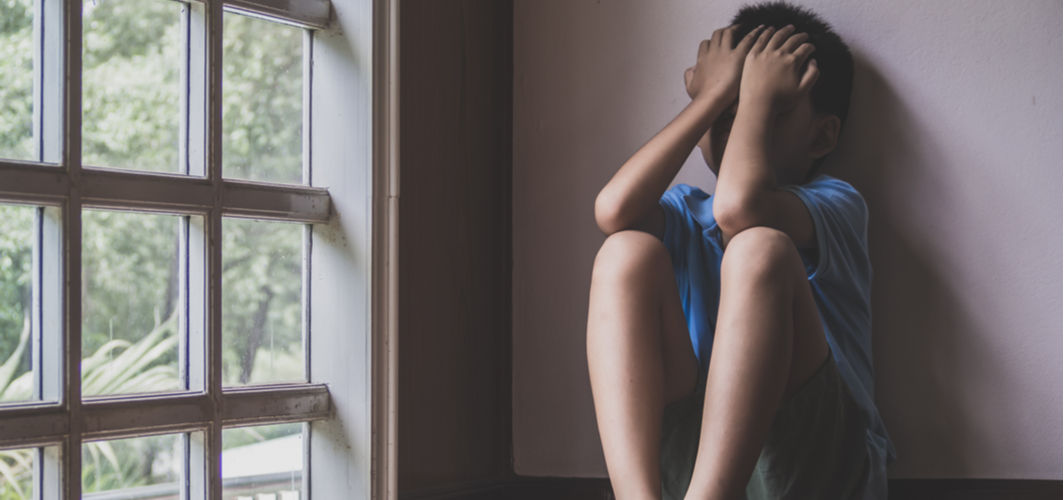As governments across the world make decisions about lifting COVID-19 lockdowns and restrictions, everything looks different from what we were used to before the pandemic's sudden onslaught. This pandemic has brought massive changes in our lives, some of which will not be all smooth sailing, but we need to settle into our new routines and find comfort in the changed environment. It is now time to start adjusting our lives to the new normal. While we continue to practice safety precautions against the Coronavirus, let's understand what's safe — and what to avoid in this new normal. Can you eat outside in a restaurant?
If you enjoy eating out, check the restaurant’s safety protocols which they adhere to. Many restaurants have their own protocols to ensure safe dining experiences for customers. However, that has not been entirely successful in keeping customers safe. As per the World Health Organization (WHO), Coronavirus spreads directly from the release of respiratory droplets when an infected person coughs, sneezes, talks, or sings. You may also get infected indirectly by touching any contaminated objects (fomites) and then accidentally touching your mouth, nose, or eyes.
The Centers for Disease Control and Prevention (CDC) recommends restaurants to have physical barriers, like sneeze guards and partitions, in the areas where it is difficult for individuals to maintain at least 6-feet distance. Visit restaurants that follow social distancing protocols for customers, like keeping dining tables 6-feet apart. Besides this, prefer restaurants with proper air ventilation for increased circulation of outdoor air as much as possible. Since you can't wear your mask while eating, avoid dining in large groups to limit the risk of transmitting the virus. Safety Tip: Wash your hands with soap and water before and after eating for at least 20 seconds. Choose an outdoor dining experience, if possible.
What to avoid: Crowded restaurants, indoor dining.
Can you go to salons, parlors, or barbershops?
Salons, parlors, and barbershops are considered the epicenter of Coronavirus due to the sharing of common objects like chairs and salon tools. Gone are the days when you could just walk-in with a group of friends without appointments for manicure and pedicure sessions. Effective Coronavirus prevention protocols have been designed by salons to minimize risks and ensure safety for clients and beauticians. So, before booking an appointment with the salon, ask about their safety measures. Before leaving home, always wear a face mask and shield to reduce the risk of bacterial or viral infection, including COVID-19. In addition to social distancing and extra sanitation in the salon, try taking your own towel to salons and avoid using the ones provided. Keep alcohol-based sanitizers with you and try to apply it frequently when you are outside. Safety Tip: Take a shower and before making contact with your family members.
What to avoid: Crowded waiting areas, conversations with your beautician, barber, or other customers, touching objects/surfaces of the salon.
Can you go to the gym?
As per a recent study conducted this year, scientists found several types of virus, bacteria, and other pathogens on different athletic training facilities. Such facilities, mainly gyms, tend to be the breeding ground for germs with people sweating and working out in a contained space. In such scenarios, going back to the gym can seem risky if you don't protect yourself well. The CDC encourages you to look for gyms that incorporate extra prevention practices such as plexiglass barriers, personal locker room space, and outdoor space for training sessions. The CDC also recommends not to share gym items that cannot be washed, sanitized, or disinfected, such as resistance bands and weightlifting belts. If possible, opt for virtual training sessions if your gym has a smaller space for workouts. Though every gym follows its own safety protocols, make sure you call your fitness studio and inquire about the disinfecting and distancing protocols before getting there.
Safety Tip: Bring your own water bottle to avoid using the gym's drinking facilities.
What to avoid: Crowded gyms with no ventilation.
Can you go to places of worship?
Places of worship play an essential part in our lives; it brings peace and people together. However, owing to the communal nature of such sites, churches, temples, and mosques have become sources of the COVID-19 spread. Authorities responsible for places of worship have formulated adequate safety protocols to keep the devotees and staff safe. In addition to the safety measures, many worship areas have oximeters, blood pressure machines, and staff and medics to help visitors and devotees in case of any health emergency.
Despite all stringent measures and initiatives, your safety lies in your hands. The most effective way to protect yourself is by choosing to visit during lean hours or less crowded worship places where you can stay at a 6-feet distance from others. Also, never forget to wear a mask even when you are praying inside. Do not forget to take a shower and wash your clothes after reaching home.
Safety Tip: Bring your hand sanitizer, own prayer mat, holy books, and religious texts.
What to avoid: Avoid hugging or shaking hands after religious ceremonies and worship.
Can you travel?
As much as we want to go for trips and explore places again, traveling in this period will be quite different from what it used to be before the Coronavirus outbreak. Opting for flights might increase the chances of contracting or spreading the Coronavirus since you will be confined to a small space with several other passengers. As the need for social distancing and hygiene increases during travel, it is best that you travel by road. Try to use a personal vehicle instead of taking public transports for any trip. However, if you must go via flight, follow strict sanitation, hygiene, and social distancing measures at every step of your flight journey. When planning for your trip during this new normal, make sure you have these travel essentials.
Safety Tip: Include a first-aid kit and essential medicines in your luggage.
What to avoid: Avoid taking older adults, pregnant women, and individuals with chronic medical conditions on your trips.
The way forward
Adapting to and following the new normal is not going to be an easy task as the transition period can be a bumpy road for many. While some of us are still learning new ways to live, engage, and dine with family and friends considering all the safety norms, many might also struggle with anxiety and stress before settling down in this new normal. However, with each other's support and safety protocols in place, let's hope to work together and create the new normal as safe and enjoyable as possible.
If you have any questions on the Coronavirus, you can:
Consult a COVID-19 Expert







